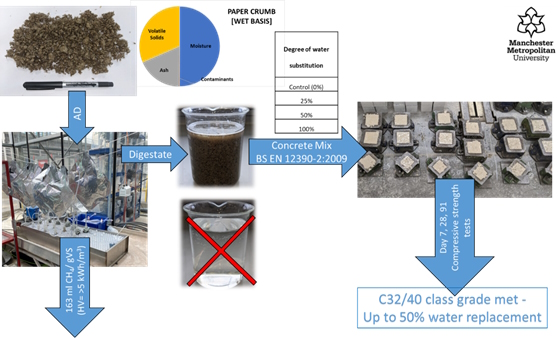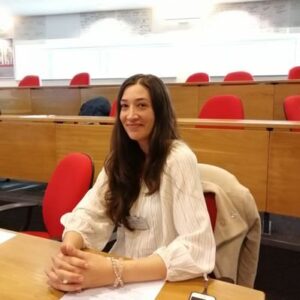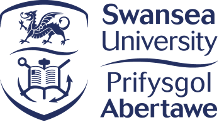Completed: Paper and Construction Industry Symbiosis via Anaerobic Digestion for Enhanced Resource Efficiency and a Low Carbon Future
In collaboration with SAICA
The UK is home to ~ 50 Pulp and Paper Mill companies with over 80 associated businesses. The pulp industry is one of the UK’s most energy intensive industries and requires novel decarbonisation processes to maximise energy and mass efficiency. As part of the paper recycling process, over 10% of input materials becomes paper sludge, a non-hazardous biowaste.
In this project, we proposed a more resource efficient circular approach, that consisting of two stages. The first stage redirected paper sludge away from incineration towards biogas using anaerobic digestion, as a form of low-carbon energy for cogeneration (CHP). The research results indicate that paper sludge had a methane potential of 163 ml CH4 per gram of volatile solids and a 48% biodegradability. Paper sludge therefore has remarkable anaerobic digestion potential that could be applied across the paper industry as a standalone process.
The second stage of the project utilised the remaining slurry fraction after anaerobic digestion, called digestate, as a water replacement in concrete manufacture. The concrete formed using up to 50% substitution resulted in increased compressive strengths up to 46 and 35 MPa after 90 days, respectively with and without the use of plasticiser. The combination of suspended solids and dissolved ions greatly improved the structural rigidity of the concrete and could potentially be used not only as a waste disposal method, but also a beneficial concrete additive. Overall, the combined anaerobic digestion and concrete application valorised paper sludge for use within a wider circular economy.

Publications
Anaerobic digestion of recycled paper crumb and effects of digestate on concrete performance, https://doi.org/10.1016/j.renene.2023.03.061

Dr Silvia Tedesco S.Tedesco@mmu.ac.uk
Manchester Metropolitan University
Silvia is a senior lecturer in the Department of Engineering at Manchester Met, where she leads her own research group and is directly involved and contribute to KE activities undertaken by the Low Carbon Fuels & Transportation research group and the Circular Economy Network. She a member of the SUPERGEN Bioenergy Hub and EPSRC/BBSRC’s High Value Biorenewables and Environmental Biotechnology Networks. Her research expertise focuses on developing bioenergy and circular economy solutions, with the aim to create and transfer new knowledge that will enable our clean growth strategy, decarbonise our national industries and address climate change challenges in the move towards zero carbon emissions.
Published: February 11th, 2022
Posted in
projects





